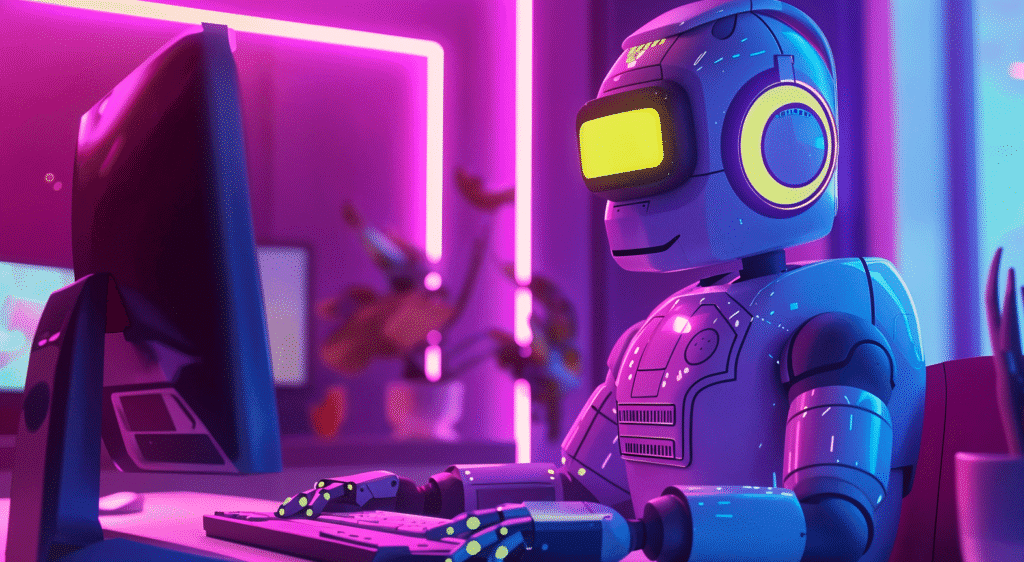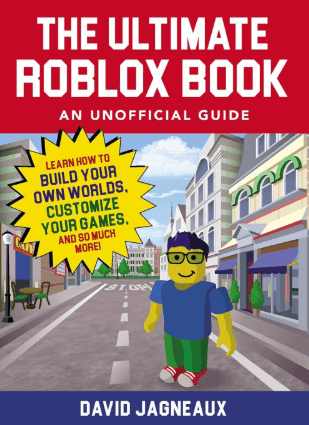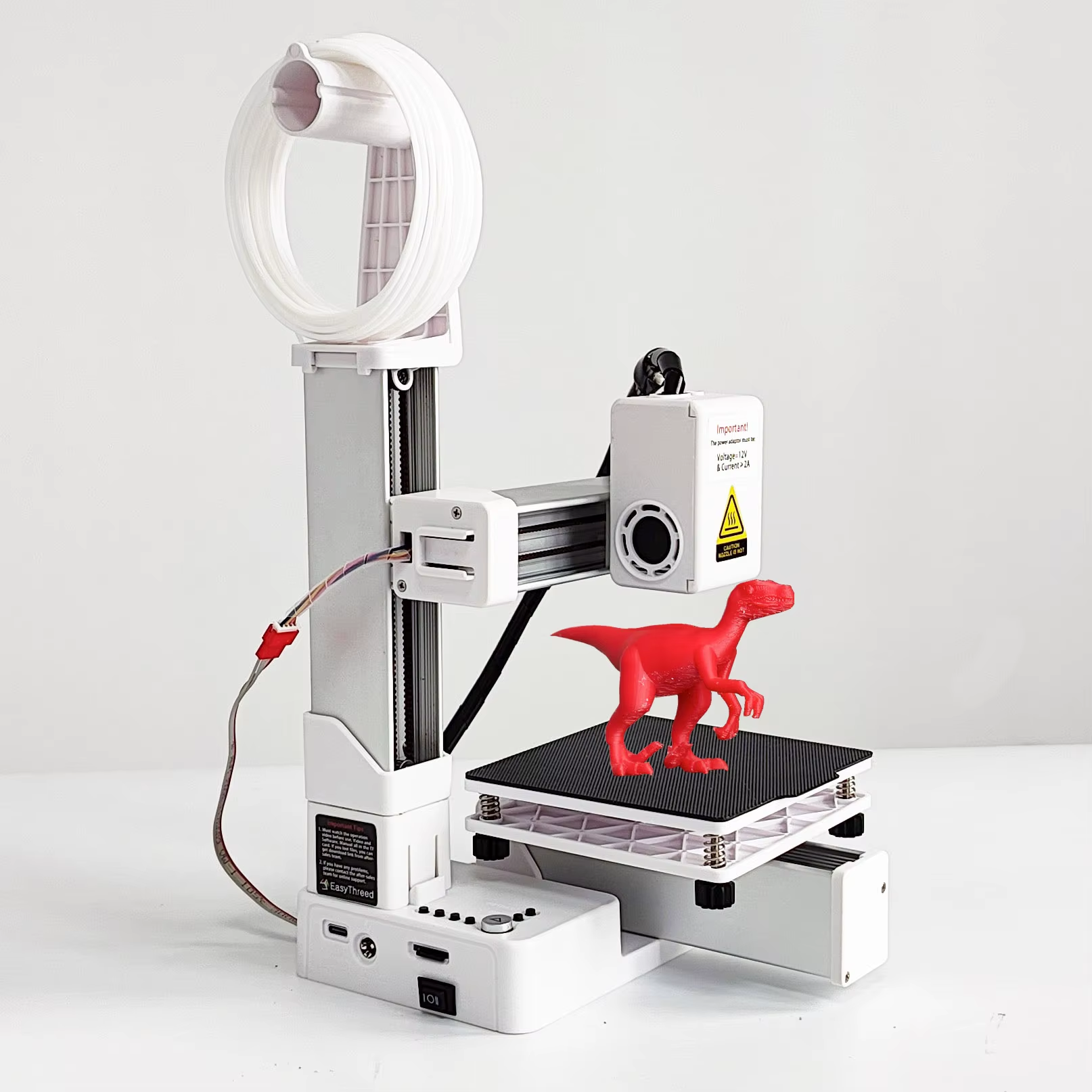AI is no longer just a buzzword in gaming — it’s now a core tool across the development pipeline. From automating animations to designing smarter NPCs, AI is revolutionizing both indie and AAA game creation, slashing production times and unlocking new forms of gameplay.
Here’s a look at how AI is transforming the games industry in 2025.
🧪 1. AI as a Co-Developer
Modern AI tools are acting as coding assistants, world-building partners, and quest generators.
Examples:
- Unity and Unreal Engine plugins now include AI-powered level design assistants that can populate entire dungeons in seconds based on theme prompts.
- Tools like Inworld AI allow NPC dialogue and personalities to be generated and adjusted on the fly.
- Indie devs use AI copilots like GitHub Copilot or Tabnine to speed up script-writing and bug-fixing.
✅ Impact: Small teams can now build rich, complex games that used to take massive studios years to create.
🧠 2. Smarter NPCs & Dynamic Dialogue
Forget pre-written lines. Many games now use AI-driven characters that remember player actions, adapt their tone, and offer organic responses.
Case Study: Echofall City
- NPCs use a memory system powered by AI to remember if you betrayed them, gifted items, or ignored them.
- Conversations evolve — meaning no two playthroughs are exactly alike.
✅ Impact: Deeper immersion and truly responsive storytelling.
🛠️ 3. Procedural Content With a Creative Boost
AI now powers:
- Procedurally generated maps with coherent story context (not just random dungeons)
- Dynamic quests that adapt to your gameplay style
- AI-assisted music and sound generation, like with tools such as AIVA and Soundraw
🎮 Roguespire: Nexus generates unique levels and lore backstories based on how aggressively or stealthily you play.
✅ Impact: Infinite replayability and personalized game experiences.
🧑🎨 4. Asset Generation & Animation Tools
Developers are using AI to generate:
- Concept art
- Background textures
- Character facial animations
- Voiceovers with tools like Replica Studios or ElevenLabs
AAA Example: Ubisoft’s latest RPG, Stoneveil, used AI to animate over 100 hours of in-game dialogue facial animations — cutting production time by 40%.
✅ Impact: Games look and sound better while reducing crunch and burnout.
💬 5. Voice AI and Player Interaction
Games now feature:
- AI voice assistants as in-game guides
- Voice-controlled actions in mobile and VR games
- Custom dialogue generation based on player tone and speech in real time
Example: Chrono Link VR allows you to speak to companions using your mic, and AI parses your intent and emotion.
✅ Impact: Increased accessibility and emotional connection.
⚠️ 6. The Ethics of AI in Game Dev
While AI is amazing, there are concerns:
- Job Displacement: Fewer roles for junior artists, animators, and writers
- Originality: Risk of games feeling too “samey” if overusing AI templates
- Bias: AI-trained on flawed data can reproduce stereotypes
Studios are addressing this with human-AI collaboration policies, ensuring that AI enhances rather than replaces creativity.
🔮 7. The Future of AI in Gaming
- Real-time Game Master AIs in sandbox RPGs (think D&D with an AI DM)
- Self-balancing games that detect player skill and adjust difficulty dynamically
- AI companions that learn from how you play and evolve with you
Studios like Obsidian, CD Projekt Red, and even solo developers are exploring how to give players agency without overwhelming them using AI.
🧵 Final Thoughts
AI is no longer a background tool — it’s a collaborator, a co-writer, and sometimes a performer. From reducing costs to enabling creative freedom, AI is leveling the playing field in game development.
Whether you’re a solo dev or a AAA studio, the message is clear: AI is here to stay, and the smartest teams are learning how to use it responsibly.




